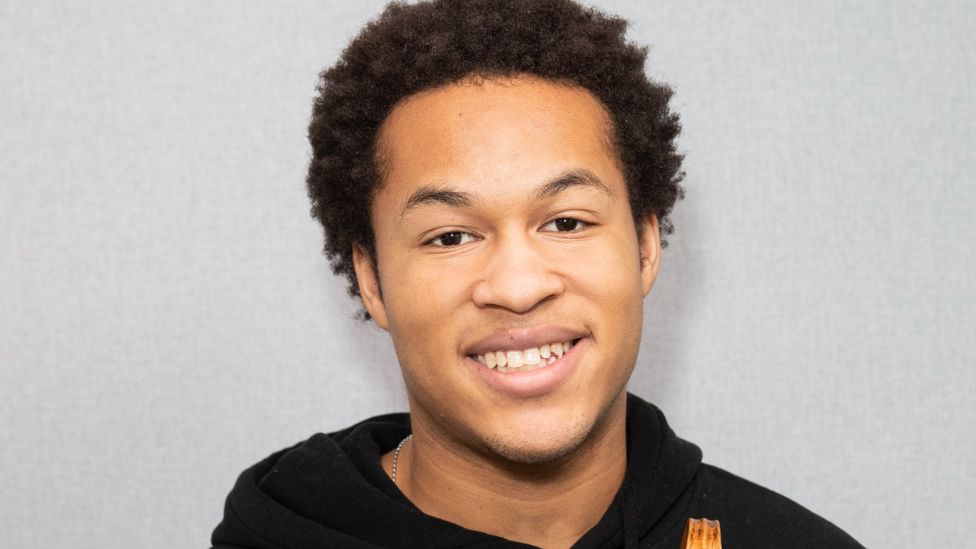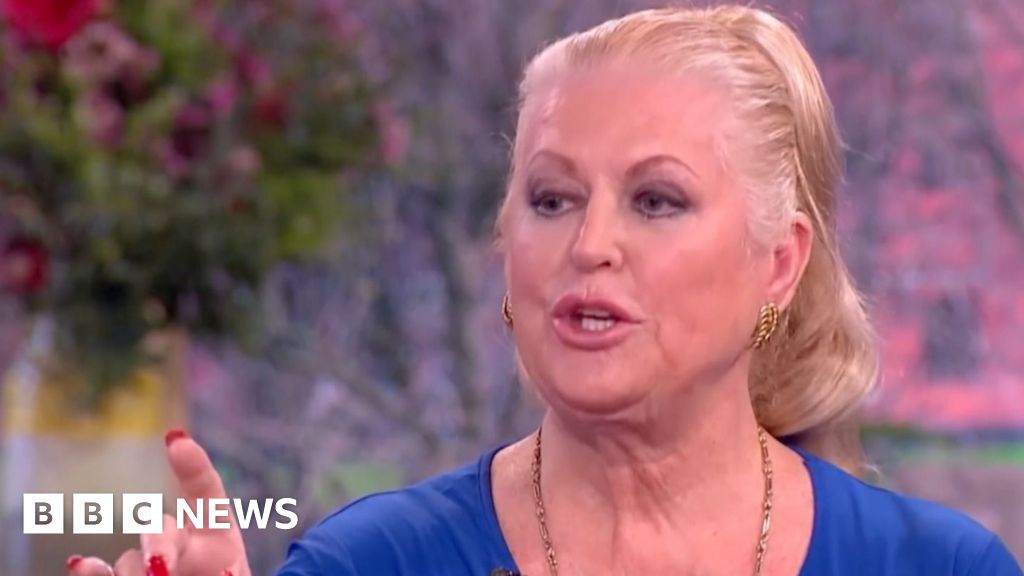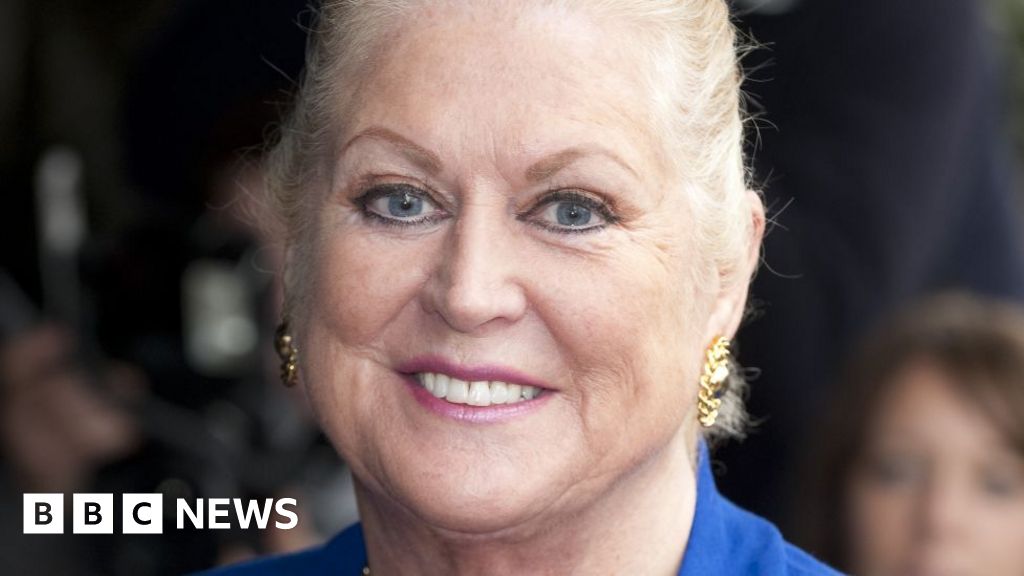ARTICLE AD BOX
 Image source, Getty Images
Image source, Getty Images
Sheku Kanneh-Mason said there was "so much wonderful British music" which could replace Rule, Britannia!
By Noor Nanji & Steven McIntosh
Culture reporters
Musician Sheku Kanneh-Mason has said Rule, Britannia! "makes people feel uncomfortable" and should not be sung at the Last Night of the Proms.
The song sparked debate in 2020 when the BBC reversed its decision to drop its lyrics from the Proms.
Rule, Britannia! is controversial due to its associations with colonialism and slavery.
The BBC said the Proms were built on "long-standing traditions" which were "loved by people around the world".
Kanneh-Mason was a soloist at the Last Night of the Proms last year. But he said he did not stay to hear Rule, Britannia! being sung at the end of the night.
Speaking on BBC Radio 4's Desert Island Discs, he said he did not think the song should be included in Last Night of the Proms, and that "so much wonderful music" could replace it.
"I think maybe some people don't realise how uncomfortable a song like that can make a lot of people feel, even if it makes them [the people singing it] feel good," he said.
"I think that's somehow a big misunderstanding about it."
There was fierce criticism after it emerged that Rule, Britannia! and Land of Hope and Glory were not going to be sung at The Last Night of the Proms in 2020.
At the time, the BBC said the decision to perform orchestral-only versions was prompted by Covid-19 restrictions.
But reports suggested that the lyrics were being dropped due to associations with colonialism and slavery.
The corporation later backtracked and said a "select" group of singers would perform the songs after all.
Asked what he would replace Rule, Britannia! with, Kanneh-Mason suggested British folk music.
"There is so much wonderful British music, the wealth of folk music from this country is astonishing," he said. "I think that would be [a] wonderful thing to take its place."
He continued: "There is so much that is worth celebrating and having as part of a big celebration at the end of a wonderful music festival."
Responding to Kanneh-Mason's comments, a BBC spokesperson said: "The Proms are built on long-standing traditions that were established by co-founder Sir Henry Wood, and which are loved by people around the world.
"One of these traditions is the Last Night festivities, other traditions include promoting new music, accessibility and opening up the world of classical music to as many people as possible."
Image source, Tricia Yourkevich
Image caption,Kanneh-Mason said he did not think Rule, Britannia! should be included in the Last Night of the Proms
Kanneh-Mason was 17 when he won the BBC Young Musician Award in 2016 and, two years later, he shot to fame when he played the cello at the Duke and Duchess of Sussex's wedding.
Growing up in Nottingham, he was part of a musical family and started having cello lessons when he was just six years old.
Kanneh-Mason said he had teachers who nurtured his talent from a young age, but he and his family also experienced difficult situations as black musicians performing classical music.
"There were certainly occasions where my being black meant that I wasn't necessarily taken seriously," he said.
"Often it's as much as the looks from some people when you walk out with a cello," he added. "It was most often the subtler things, but sometimes it was much more."
Last summer, a racist message was sent to the BBC Proms X (formerly Twitter) account after one of Kanneh-Mason's sisters, Isata, performed at the event.
At the time, their mother, Kadie, said one of her younger daughters had been reduced to tears after seeing the post accidentally.
Referring to that message, Kanneh-Mason says he finds these types of comments difficult to deal with.
"The isolated incidents in the moment are offensive and affect you, but that's something that one can deal with," he said.
"But I think the long term effects can be something that you're less aware of and are more difficult to deal with."
He added that the comments impacted "how you view yourself and how you're valued and your confidence and how you feel you fit into the world.
"I think that's where for me, and for a lot of people, it's difficult."
Listen to the full interview on Desert Island Discs, BBC Radio 4 on Sunday at 11:15am and on BBC Sounds.

 1 year ago
75
1 year ago
75








 English (US) ·
English (US) ·